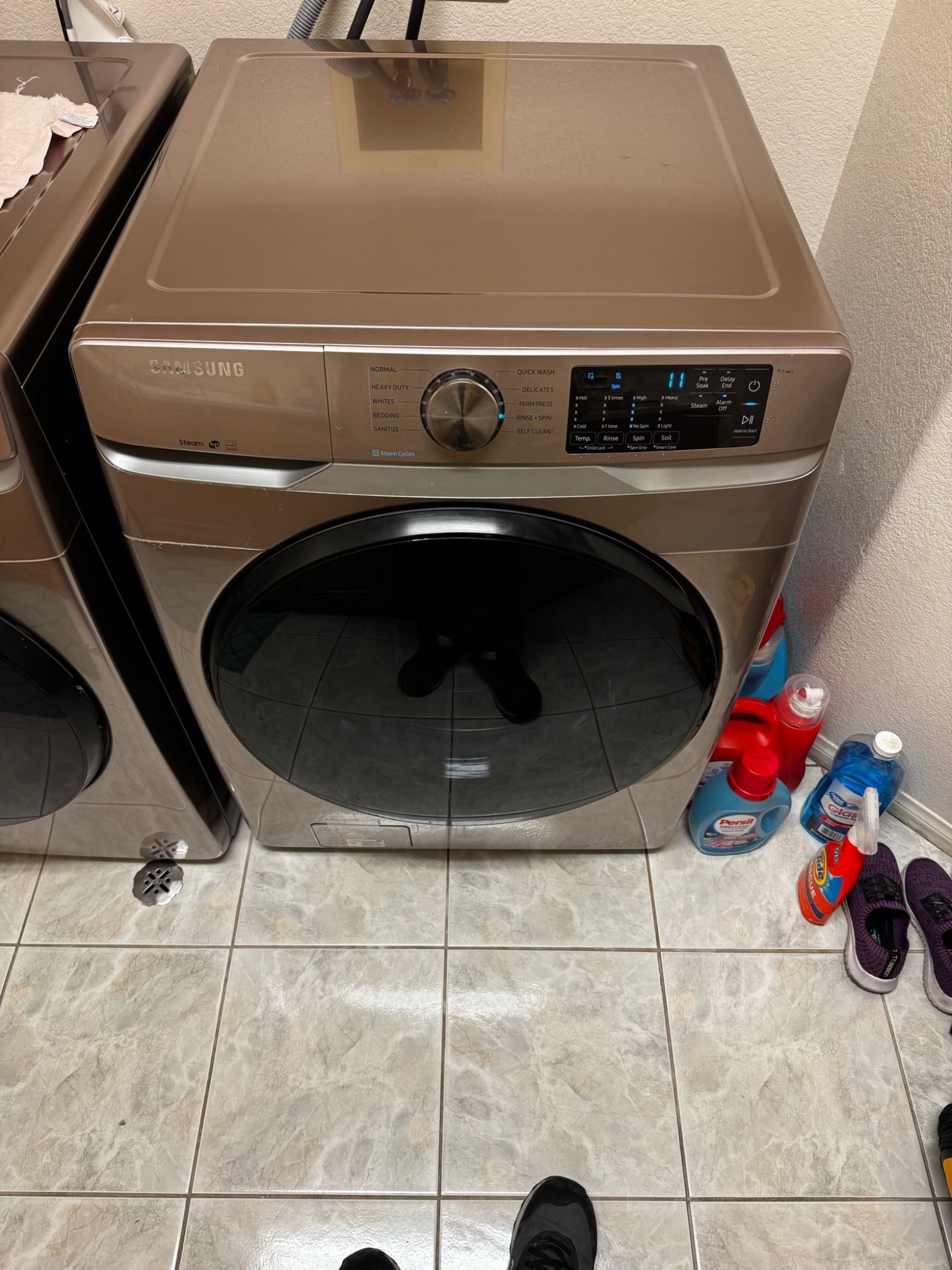A washing machine is an essential household appliance that saves us time and effort. When it suddenly stops spinning, laundry day becomes frustrating and inconvenient. The spin cycle is vital because it removes excess water from clothes, reducing drying time. If your washer is not spinning properly, two of the most common culprits are a faulty motor or a defective belt. Understanding these issues can help you diagnose the problem and decide whether professional repair is necessary.
Why Spinning Matters in a Washing Machine
The spin cycle works by rotating the drum at high speeds to extract water from clothes. Without it, your laundry will remain soaking wet, making drying difficult and increasing the risk of mildew and unpleasant odors. Spinning also prevents clothes from becoming excessively heavy and putting strain on the machine’s components.
Common Signs of a Washer Not Spinning
If your washer is failing to spin, you may notice:
- Clothes remaining wet at the end of the cycle.
- The drum not turning during the spin phase.
- Loud or unusual noises while the machine tries to spin.
- The washer stopping mid-cycle.
While there are multiple causes for these symptoms, motor failure and belt problems are the most frequent reasons.
Motor Issues
The motor is the heart of the washing machine. It powers the drum’s rotation, ensuring both washing and spinning functions work properly. If the motor develops a fault, the spin cycle may not activate, or the drum may not rotate at all.
Signs of a faulty motor include:
- Burning smell: A motor that overheats may emit a burning odor.
- No sound or movement: The machine hums but the drum doesn’t move.
- Sudden stops: The washer may begin spinning but stop abruptly.
- Excessive noise: Grinding or rattling may indicate internal motor damage.
Motors can wear out due to age, overloading, or lack of maintenance. In some cases, the motor brushes wear down and need replacement. Other times, the entire motor may fail, requiring a costly replacement.
Attempting to repair or replace a motor without technical knowledge can be risky. Since it involves electrical components, it’s best left to a professional technician who can safely test and repair the motor.
Defective Drive Belt
Another common reason a washer won’t spin is a defective belt. The drive belt connects the motor to the drum, transferring power for rotation. Over time, belts can stretch, loosen, or snap due to wear and tear.
Signs of a defective belt include:
- Drum not spinning at all: If the belt breaks, the motor runs but the drum remains still.
- Sluggish spinning: A loose belt may cause weak or inconsistent spinning.
- Squealing noises: Worn or slipping belts often make high-pitched sounds.
- Visible wear: Cracks or fraying on the belt indicate it needs replacement.
Replacing a belt is generally less complicated and less expensive than fixing a motor. However, it still requires disassembling parts of the washer. A trained repair technician can quickly identify a belt issue and install a new one to restore normal function.
Other Possible Causes
While motor and belt problems are the most common reasons for a washer not spinning, other issues may be involved:
- Lid switch failure: The washer may not spin if the safety switch is defective.
- Faulty control board: Electrical failures can interrupt signals to the motor.
- Blocked drain pump: Excess water may prevent the spin cycle from activating.
- Unbalanced load: Too many heavy items in one load can stop spinning.
This is why professional diagnosis is so important—guessing can lead to wasted time and unnecessary expenses.
Preventing Washer Spin Problems
You can reduce the chances of spin cycle failures by practicing proper care:
- Avoid overloading the machine.
- Regularly check and clean filters and hoses.
- Balance loads with a mix of small and large items.
- Inspect for unusual noises early and address them quickly.
Routine maintenance and mindful usage extend the life of both the motor and the belt, preventing unexpected breakdowns.
When to Call a Professional
If your washer has stopped spinning, a professional technician can quickly identify whether the problem is motor-related, belt-related, or something else. Attempting DIY fixes without expertise may cause further damage or safety hazards.
At HOME APPLIANCE SERVICE CENTER, our experienced repair specialists are trained to handle all washer issues, from defective belts to complete motor replacements. We provide fast, reliable service to get your washer running smoothly again, saving you from the hassle of hand-washing or laundromat visits.
Don’t let a non-spinning washer disrupt your routine. Call HOME APPLIANCE SERVICE CENTER today for expert diagnosis and repair. Your laundry deserves it.
Contact us
 619-928-5000
619-928-5000  Request Service
Request Service 
